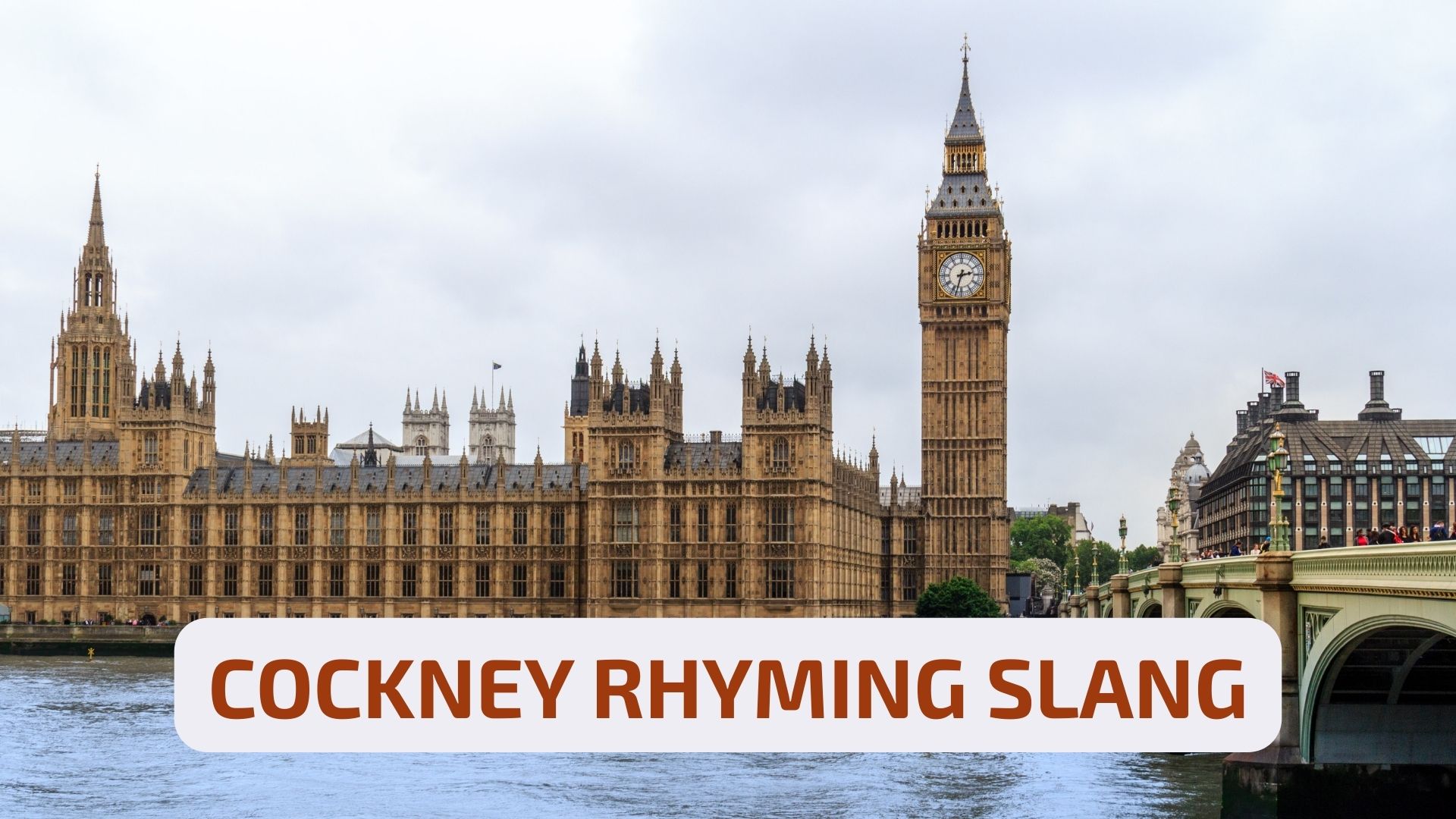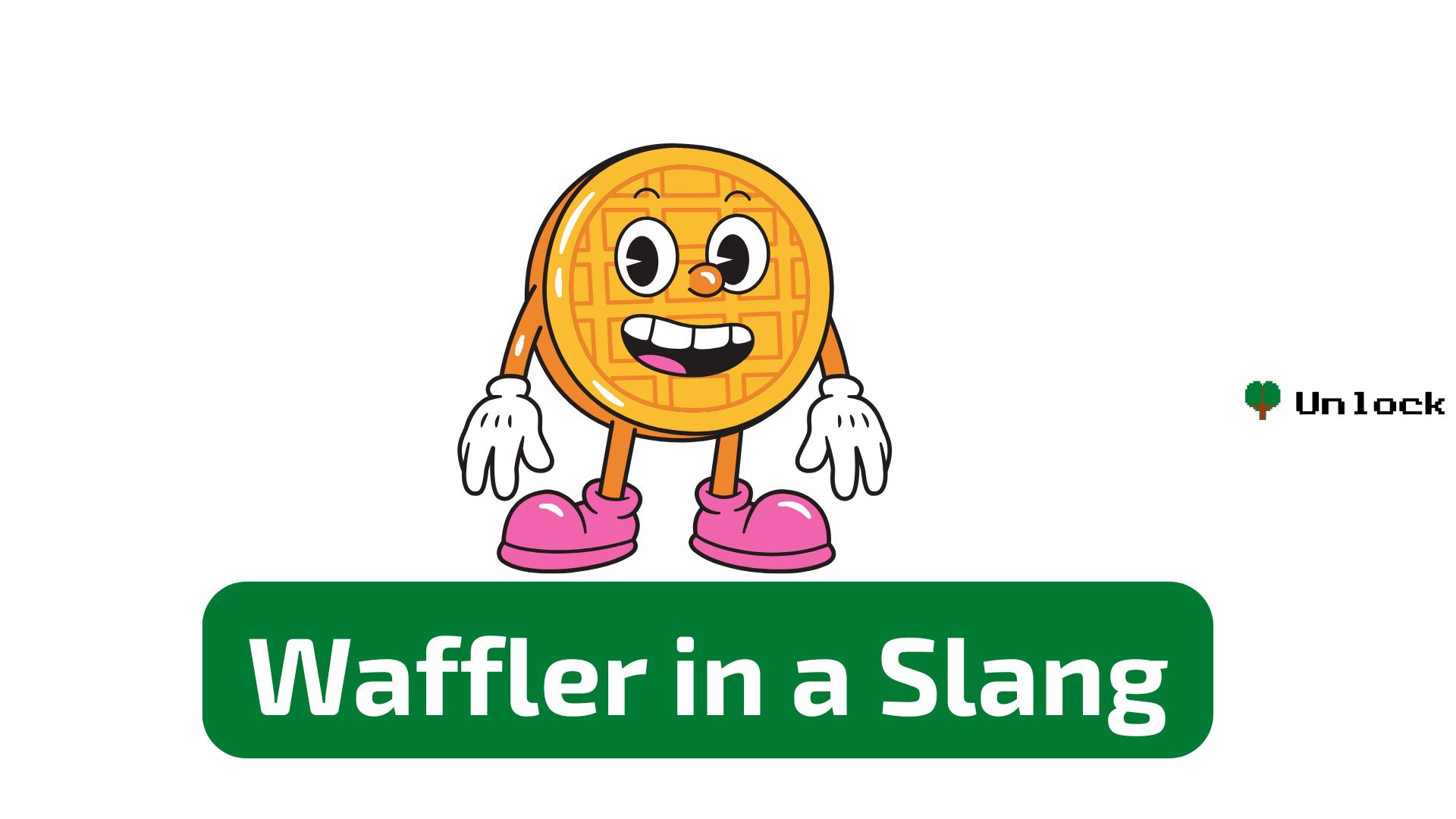
Cockney rhyming slang with examples
Whether we are truly trying to master English as a second language, we have to learn how to speak like a native, and that means understanding the deep layers of meaning in every culture. Want an example of that? Think about language slangs! Today, more specifically, we are going to talk about the slang from London, the so-called cockney rhyming slang.
Teacher Guil: In Cockney rhyming slang they don't say stairs. They would say "apples and pears", or simply "apples".
Caroline Cortopassi: But why does "stairs" become "apples and pears"? And then it is shortened to just apples?
And with that, Carol asked the kind of question that made everyone wish they'd brought snacks.
Teacher Guil: This is a form of coded language where a word is replaced by the first word of a two-word phrase that rhymes with it.
Teacher Guil: So if you say apples and pears, it will sound like "Appleass". Did you hear that?
Caroline Cortopassi: But the rhyming word is often omitted, and we use the remaining part of the phrase. This is so difficult. I don't understand anything. lol
Teacher Guil: There is a theory that says They don't say stairs because this would be too easy to understand. Imagine rhyming slang originated on the streets, making discretion essential. Some believe it was also employed to deceive travelers passing through London, used by Londoners to communicate with each other while negotiating with tourists. Others would say that this language mutation was coined to trick the police.
Teacher Guil: I recommend you watch two videos, the first is a British by birth and a Legend by choice! Mr. Mike, my favourite language Brit educator.
Teacher Guil: Trouble and strife... hahaha... his wife. Imagine that now on a phrase: He went to the cafe to talk about his trouble and strife.
Caroline Cortopassi: Jesus. But why? This is way harder to understand than I imagined— basically, it’s like they have a secret club where they’re the only member who actually gets the joke.
Caroline Cortopassi: One day, I read about the many types of English accents, and I wondered if, in the future, we might struggle to understand each other because, although we share the same language, the variety of accents could become a barrier. It’s similar to comparing English and Portuguese.
Teacher Guil: Your point is interesting in so many ways, mainly because my second suggestion is one of those retro series,… called Mind Your Language.
Caroline Cortopassi: Mhm. Okay.
Teacher Guil: It is truly amazing. The teacher is British and honestly it is the best serie to listen to different accents. There is also a remarkable character called Sid, always bringing the best of the Cockney accent.
Teacher Guil: Let me try something different now. What if you create a phrase using music too and some rhyme slings?
Caroline Cortopassi: I have to try. Maybe I could use dog and bone. I used to have dog and bone, and now I have a cellphone. I don't know. This is so weird. hehe...
Other Examples of Cockney Rhyming Slangs:
Butcher’s hook = look
The butcher's hook was the double-ended hook that hung up in butchers to display the meats they had on show. This phrase probably originated in Smithfield Meat Market, near Farringdon.
Duck and dive = hide
Ok so not quite an exact rhyme, but, as a duck would dive under the surface of the water, this phrase means something the same, as in to remove oneself from the situation and to hide.
Dog and bone = phone
We’re not sure where this one came from other than it rhymes and is a brilliant one to slip into everyday conversation!
Kettle and hob = watch
This is a confusing phrase as it doesn’t rhyme with its modern-day meaning. The term means watch, which stemmed from a 'fob' watch, which was a pocket watch attached to the body with a small chain. The kettle used to boil on the hob of a stove... hence the rhyme.
Porky pie = lie
To tell a porky is something everyone’s been accused of as a child – and perhaps even older! A fib or a lie; to tell a pork pie means to fabricate something and it has to be one of the all-time favourite phrases in the Cockney Rhyming slang dictionary.
Apples and Pears = stairs
This might have roots in the traders' stalls who stacked their fruit and vegetables in "steps and stairs" in front of their stands in an arresting display.
Bees and honey = money
This is a more cryptic literal link, referring to bees that produce honey which can translate into workers producing money. The result of both is sweet!
The dialogue may have suffered adjustments to meet educational purposes.
.png)



.jpg)


